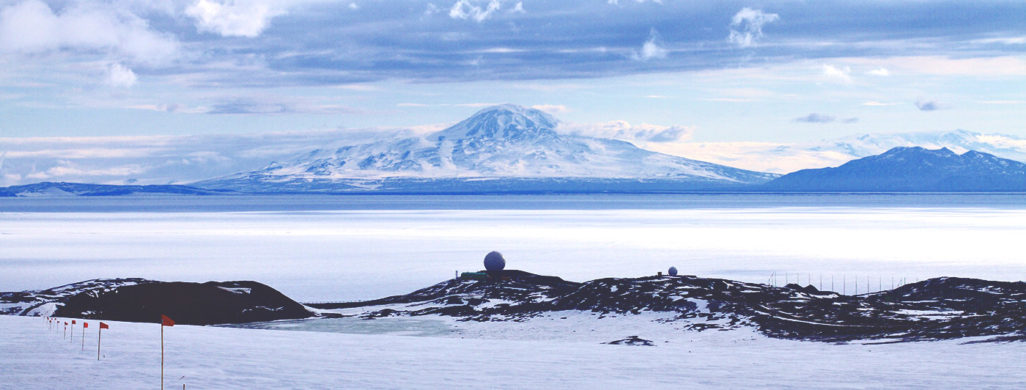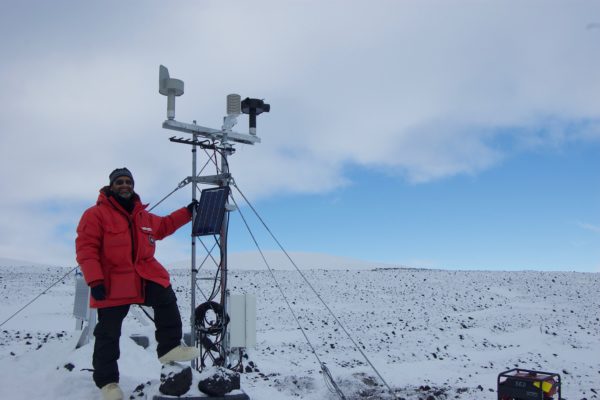UW-Madison and Madison College to build Antarctica data hub
Each year, thousands of researchers and support staff descend to the frozen continent of Antarctica to study and observe its changing conditions. Scientists from around the world have been studying the region for decades—producing sizeable amounts of meteorological and atmospheric data.
The University of Wisconsin–Madison Space Science and Engineering Center (SSEC) and Madison College were recently awarded a five-year $2.4 million grant from the National Science Foundation to establish a data repository to serve the global Antarctic research community.

“The goal of the new Antarctic Meteorological Research and Data Center will be to serve as a coordinated data hub for researchers to access information over the long term and make use of it,” says Matthew Lazzara, director of the Antarctic Meteorological Research Center (AMRC) and principal investigator for the project. “These data, among others, have been important to understanding Antarctica’s changing climate as well as weather predictions that keep crews working on the continent safe.”

Since 1980, SSEC’s AMRC has collected more than 40 years of in situ data and nearly 20 years of satellite data across the continent, however, a central meteorological storehouse for these types of data does not exist. Recent reviews from the United States Antarctic Program identified a need for a centralized repository to share, discover, access and preserve meteorological data collected in Antarctica.
Starting in summer 2020, Lazzara and his colleagues will begin the multi-stage project that includes establishing the framework for the repository, tools for data submission, and construction of a web interface. Datasets will include ground-based data from researchers in Antarctica, satellite composite imagery, weather balloon radiosonde data, and meteorological data captured from aircraft.
“The project will utilize SSEC’s longstanding expertise in data and information management to build an accessible hub for researchers to find and use the data,” says Lazzara.
The project also funds continuation of crucial datasets produced at the center, support for graduate students, and computer hardware upgrades in Antarctica for data storage and transmission off the continent.
This work was supported by the Office of Polar Programs, Geoscience Directorate, National Science Foundation.
